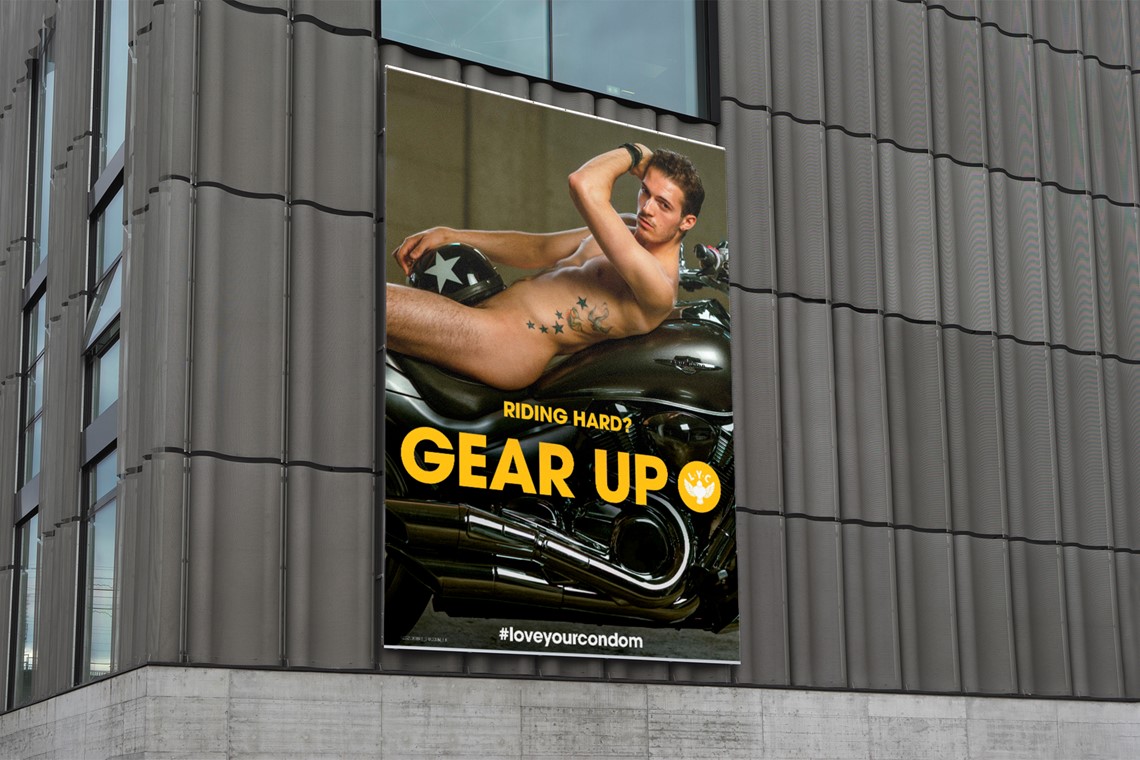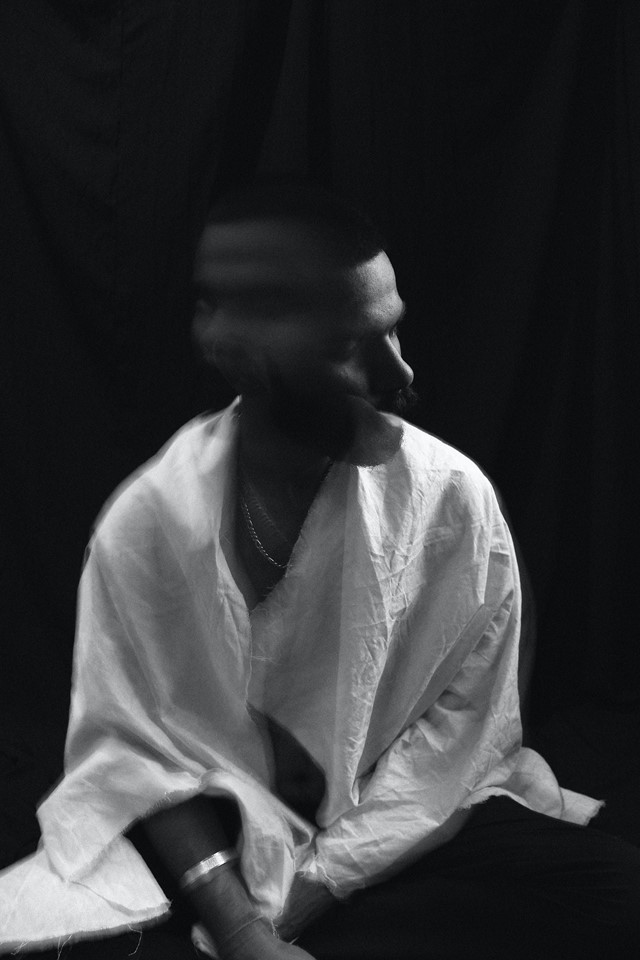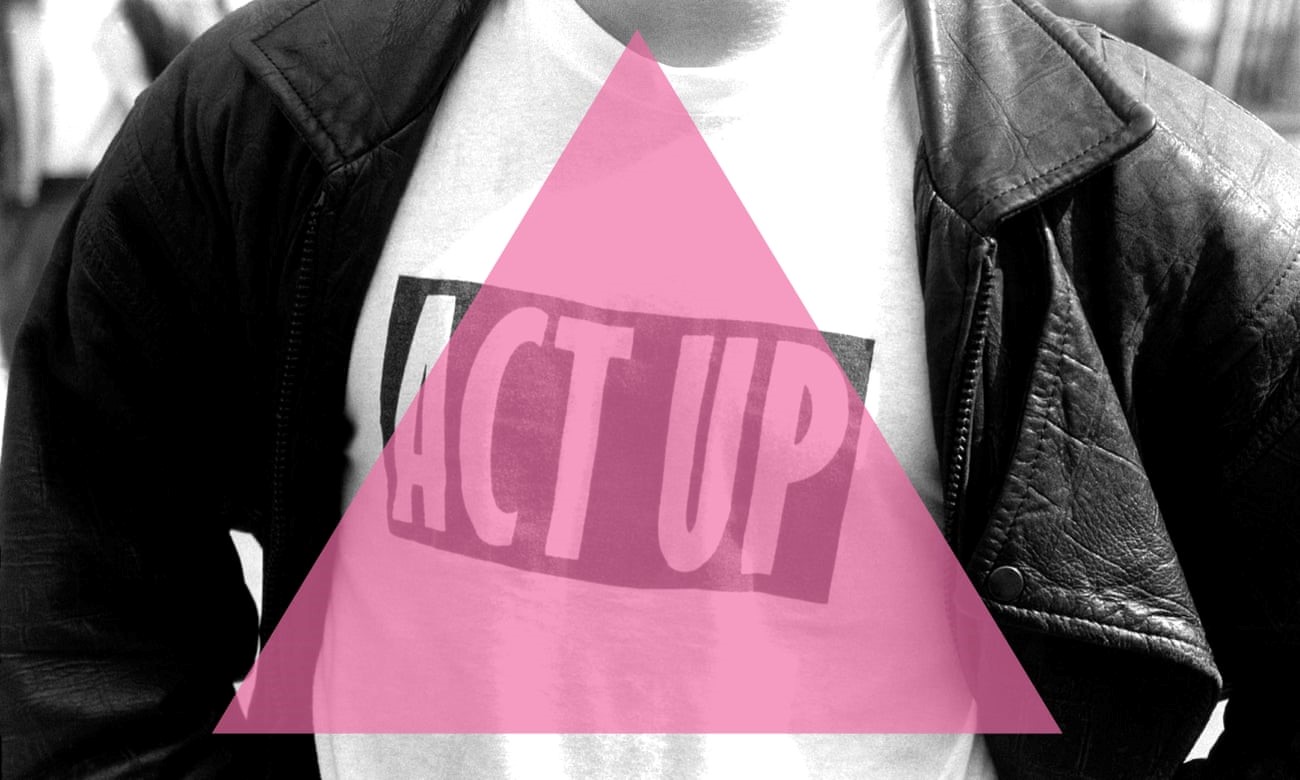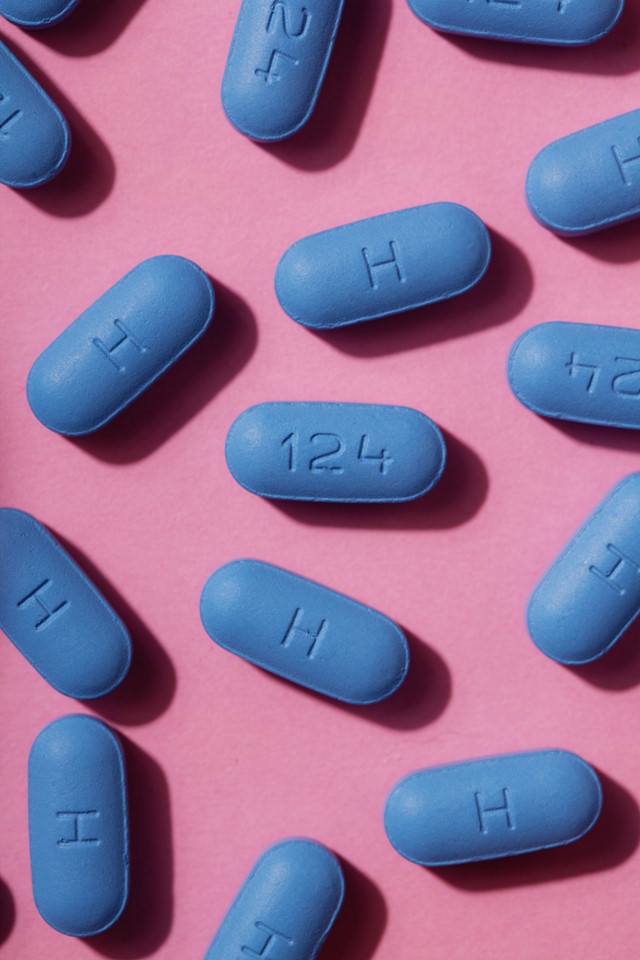Could PrEP Combat Your Serophobia?
Serophobia: The extreme or irrational fear of people living with HIV or acquisition of HIV.
Its impact: a legacy of unaddressed, internalised, intergenerational HIV stigma.
I came out when I was 19. By that time the miseducation around HIV and AIDS was already ingrained in me and I had absorbed so many irrational fears – leaving me horrendously serophobic.
I couldn’t even drive down Karangahape Road and see a Love Your Condom billboard without pulling a U-Turn and driving the other way (this actually happened).
I was crippled by anxiety around what I saw as the “inevitable” path of: Gay = AIDS = Death. It didn’t help that when I came out to someone close to me they said, “just don’t get AIDS, cos if you get AIDS, you’re fucked” – it felt like stepping out of the closet and directly into a puddle.

Every time I went and got a test, anytime something risky happened – I thought, “This is it…”
Pile these internalised fears, attitudes and misrepresentations on top of societal homophobia, and you get a volatile cocktail known as toxic shame.
People love to say, “Surely people could just not engage in high-risk behaviours and that’s that. Stop being irresponsible.”
What they’re conveniently omitting is that if your self-esteem is through the floor – you can actually be more likely to put yourself in ‘risky’ situations because you don’t think you’re worth looking after. It’s a vicious cycle: toxic shame = lower self-esteem = putting yourself in high-risk situations because of your compromised sense of self-worth = more toxic shame.


How did we get here?
There’s a common thread connecting recent generations of queer folk. Our elders faced the AIDS epidemic head-on in the 80s and 90s and lived with a very real fear of death looming. This fear mutated and lingered through the panic-based propaganda, miseducation and homophobic attitudes that permeated mainstream society. This was then handed down from generation to generation.
Another strand in this thread is a profound sense of loss. The loss of what might have been and who we might have become, had we not lost so many incredible people. Not to mention the significant loss of knowledge, experience, culture and talent, which is something that still ripples through our communities some 40 years later. We grieve this loss alongside our elders today, just as our elders grieved for their lovers, friends and whānau in those days. This is an intergenerational trauma.
This is an intergenerational trauma.
What was my wakeup call?
Honestly? PrEP. Taking PrEP for the last 3 years has allowed me to confront my internalised serophobia and replace it with a deeper understanding of U=U. How could I take the same medication that many people living with HIV take every day and not feel a growing kinship and understanding? I take this pill so I don’t acquire HIV and they take their medication, so HIV doesn’t continue to damage their immune systems – the happy by-product being that sexual transmission can’t occur. Together, we are taking care of ourselves and each other.
Now, when someone discloses that they are living with HIV to me in a sexual encounter, I feel comfortable having conversations around our prevention methods. Then, if there’s great chemistry, we can get down and dirty.
I am now so empowered in my own prevention methods and have confronted my internalised serophobia to the point where someone’s HIV status doesn’t really need to come up – but I still want to do my bit to create that safe space for disclosure, as an ally. Allyship is so important and we all need to be allies right now.
Taking stigma out of the situation and opening space for that dialogue is so important. It means sex can get back to being about connecting with someone and having a really hot time, without HIV looming.
What needs to change?
Hiding things in the dark just makes them bigger and scarier. We need to talk about HIV (and other STIs for that matter) openly, honestly and without toxic misconceptions. The more we talk and normalise these topics, the less stigma we let shadow our lives and the lives of people living with HIV.
HIV stigma hurts all queer guys, not just those living with HIV. We have been taught to fear HIV to the extent that it not only perpetuates trauma but HIV itself, as it creates so much fear around testing, seeking help or even protecting yourself from transmission.


Normalise talking about testing, PrEP, condom-use, Undetectable = Untransmittable (U=U) and letting partners know if we do contract an STI (partner notification).
If we don’t feel ashamed talking about these things, we take the power back and can start breaking down our own internalised hang-ups.
Let’s just clear this one up while we’re at it – people living with HIV shouldn’t be made to feel they can’t keep having an active sex life if they want one. If you acquire gonorrhoea, you get tested, seek treatment and re-join your sexual networks. We know that U=U proves people living with HIV who are on effective treatment cannot pass on HIV through sex – so that same journey should apply. Also, we’ve known condoms can prevent HIV transmission for decades.
It’s stigma that facilitates transmission, not people who are already diagnosed and on treatment.
We also need to work to destigmatise all STIs. I’ve recently encountered people who won’t let themselves have penetrative sex with anyone for fear of HIV and STIs – yet don’t use protection or get tested because they’re so afraid of even being associated with an STI. I had to say, “Hon, if you are regularly sucking a dick without a condom like you just did with me, you’re at risk of gonorrhoea and should be testing regularly.”
P.S. While I’ve got you here, also take any reference to “clean” out of your Grindr profile
It was already hugely stigmatising to begin with – but after reading this, surely you can’t ignore how much harm it can cause.
Today in Aotearoa, AIDS isn’t killing our whānau like it used to, but HIV stigma can. Let’s not take for granted the giants’ shoulders we stand on and work together to end this cycle.
I’ll leave you with the closing monologue from Angels in America by Tony Kushner. The character Prior (who is living with AIDS) says, “You are all fabulous creatures, each and every one. And I bless you: More Life. The Great Work Begins.”
Anonymous, Queer, 26


